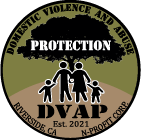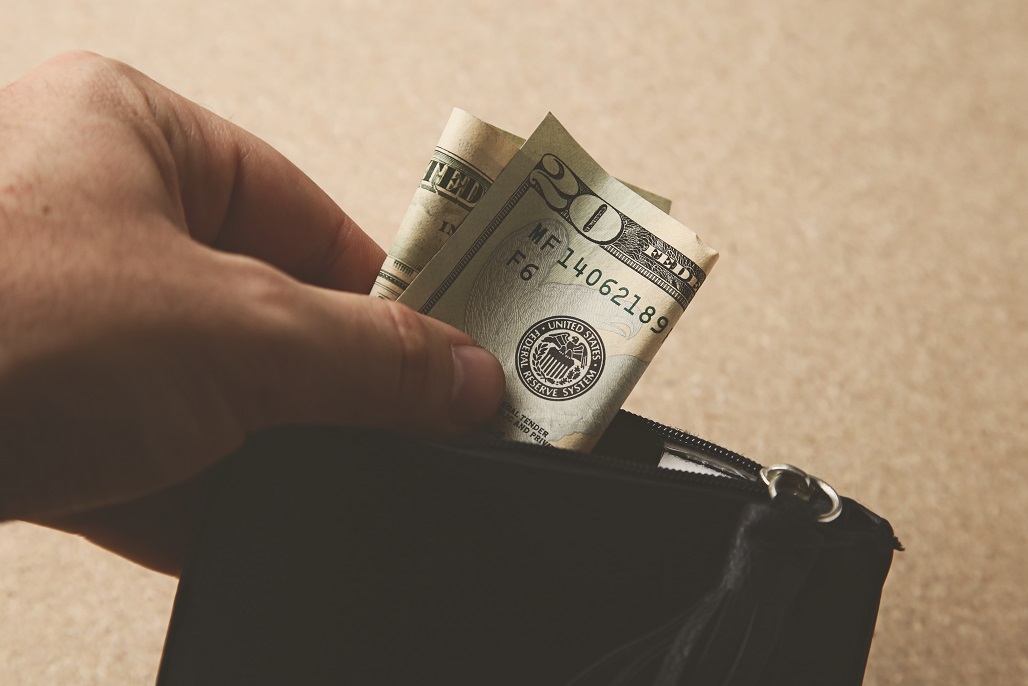Domestic abuse encompasses a wide range of behaviors that aim to exert power and control over another person within an intimate or familial relationship. While physical and emotional abuse are often recognized as forms of domestic violence, there is another insidious aspect that receives less attention: economic control.
Economic control involves manipulating or restricting a victim’s access to financial resources, ultimately trapping them in a cycle of dependence and vulnerability. Understanding the dynamics of economic control is crucial for recognizing and addressing this lesser-known aspect of domestic abuse.
What Is Economic Control?
Economic control refers to the use of financial means to assert power and control over a victim within a domestic relationship. This form of abuse can take various forms, including:
- Controlling Finances: The abuser may control all financial resources, including income, savings, and assets, leaving the victim with limited or no access to money for basic needs such as food, shelter, or healthcare.
- Forbidding Employment or Education: The abuser may prevent the victim from working outside the home or pursuing educational opportunities, thereby restricting their ability to gain financial independence.
- Sabotaging Financial Stability: The abuser may sabotage the victim’s financial stability by causing them to lose their job, accumulating debt in their name, or destroying their credit rating.
- Monitoring Spending: The abuser may monitor and scrutinize the victim’s spending, demanding an account for every penny spent and imposing strict limitations on purchases or expenses.
- Withholding Financial Information: The abuser may withhold important financial information from the victim, such as bank account details, income statements, or access to financial records, further isolating them and exacerbating their dependency.
Impact of Economic Control
Economic control can have devastating consequences for victims, trapping them in a cycle of financial dependence, isolation, and powerlessness. Some of the impacts of economic control may include:
Financial Dependence: Victims become reliant on the abuser for their basic needs, making it difficult for them to leave the abusive relationship or seek help.
Isolation: Economic control can isolate victims from their support networks, as they may be unable to afford transportation, communication, or social activities.
Increased Vulnerability: Victims of economic control are at increased risk of homelessness, poverty, and further exploitation, as they lack the financial resources to escape the abusive situation or access support services.
Emotional and Psychological Distress: The stress and anxiety caused by financial insecurity and dependency can have profound effects on victims’ mental health and well-being.
By shedding light on the often-overlooked issue of economic control, we can better support victims of domestic abuse and work towards creating a society where financial empowerment and independence are recognized as fundamental rights for all individuals.
Disclaimer: This blog post provides general information about domestic abuse. It does not provide legal advice. Victims should consult with a legal professional for advice related to their specific situation.
Are You Experiencing Domestic Violence or Abuse? DVAP Is Here To Help
Domestic Violence and Abuse Protection, Inc. is a non-profit organization committed to protecting the victims of domestic abuse. When restraining orders are not enough, we are there to provide the determined protection you deserve. We are located at 3900 Orange St. Riverside, CA. Call us at (951)-275 8301 (24 hours). Alternatively, you can email us at admin@dvapriverside.org






